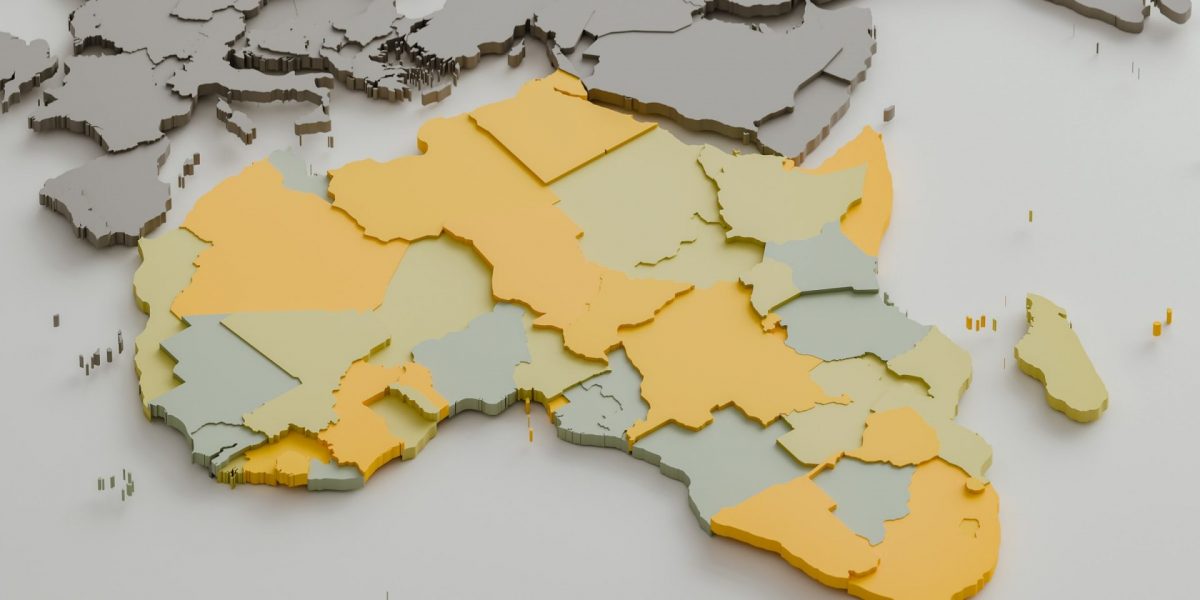It has been a tumultuous year with a record number of elections, continuing geopolitical conflicts, a growing debt crisis and slow progress on climate change commitments.
Through it all, SAIIA provided readers with a coherent, informed voice: explaining the context behind current events, linking local movements with global shifts and laying out recommendations to address pertinent challenges.
These are some of the top-read reports published in 2024.
The circular economy is a transformative paradigm with the potential to concurrently address environmental concerns and propel economic development. Despite the anticipated economic and environmental dividends, the transition remains complex. This paper conducts a ‘strategic foresight’ critical assessment, delving into the future potential of the circular economy concept in the SADC region.
The ability of the global community to address the threat of climate change depends largely on the collective ability of countries to secure reliable and sustainable supplies of critical minerals. This research explores why addressing the governance risks associated with mineral supply chains is essential for African countries to develop their economies.
For several interrelated reasons, China – Africa’s most important trade partner and bilateral creditor – is at the forefront of the digital currency rollout. Evolution of China’s digital currency, the e-CNY, is likely to have an impact on the future of Africa’s economic landscape too, as well as socio-economic and political economy variables beyond. This occasional paper unpacks the basics of a central bank digital currency and of the e-CNY.
Macroeconomic resilience is crucial for sustainable development. Nigeria and Ghana have faced unique challenges and opportunities in building such resilience. These two countries have experienced a range of economic shocks over the past two decades, including natural disasters, commodity price fluctuations, financial crises and global economic downturns. This research discusses the results of a comparative analysis of the macroeconomic resilience in these countries.
Although democracy remains the form of government with the most popular support in Africa, several warning signs in recent years indicate that all is not well with democratic governance on the continent. This policy briefing explores these challenges, considers the feelings harboured by citizens of African countries toward democracy and gives recommendations on promoting democratic governance on the continent.
Africa has the fastest-growing population but the lowest rates of energy access globally. About 600 million people lack access to electricity and 970 million people lack access to clean cooking energy in Africa. The continent has enormous renewable energy resources, yet these resources remain largely untapped. This paper reviews the status and potential of renewable energy and associated technologies in Africa.
Climate disasters are expected to increase in both magnitude and frequency in Africa. Despite the continent’s vulnerability to climate change, disaster risk planning and response is severely underdeveloped. Ecosystem-based disaster risk reduction provides a unique opportunity to overcome this challenge while enhancing biodiversity conservation and community livelihoods. This policy insight identifies three opportunities for enhanced ecosystem-based disaster risk reduction uptake in Africa.
The 2023 BRICS summit called for ideas to elevate local currency use and reduce member countries’ dependence on the US dollar, euro and other major currencies. In Africa, there is a long history of foreign currency shortages, stalled development and financial crises. This paper reviews the BRICS local currency agenda, its economic merits and the hurdles it faces in the context of intra- and extra-African trade and development-related currency needs and goals.
The EU’s Carbon Border Adjustment Mechanism (CBAM) discourages the manufacture of greenhouse gas emissions-intensive products, thereby paving the way for a net-zero future. This research highlights the operational mechanics of the CBAM, addresses some of the criticisms that it has attracted and whether its proceeds will be used to support climate initiatives abroad.
Egypt-Russia relations have expanded significantly in the past decade. Their relationship appears to be withstanding various challenges and global tensions, such as attempts by the West to isolate Russia after it invaded Ukraine in 2022 and Egypt’s increasingly dire economic situation. This paper assesses the drivers of the current relationship and its evolution over the past decade.








